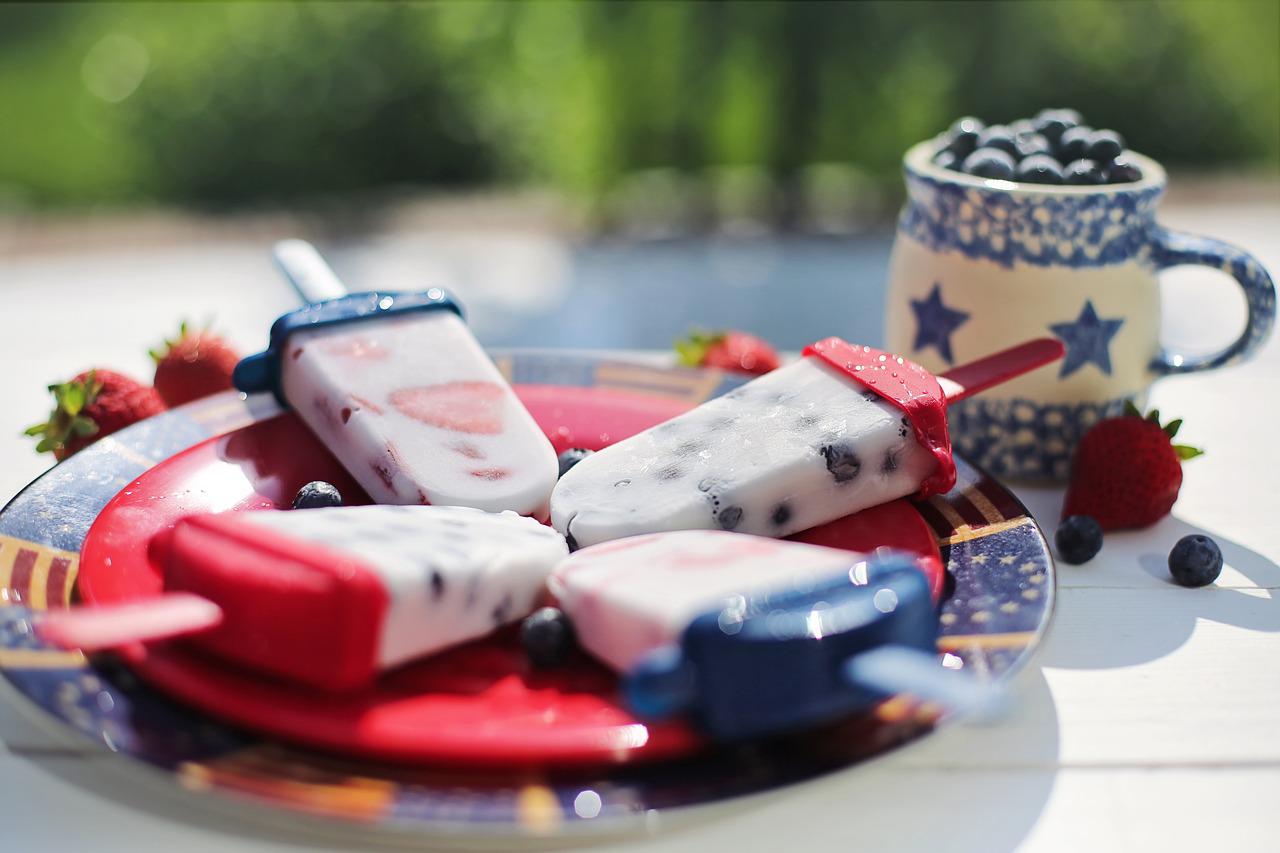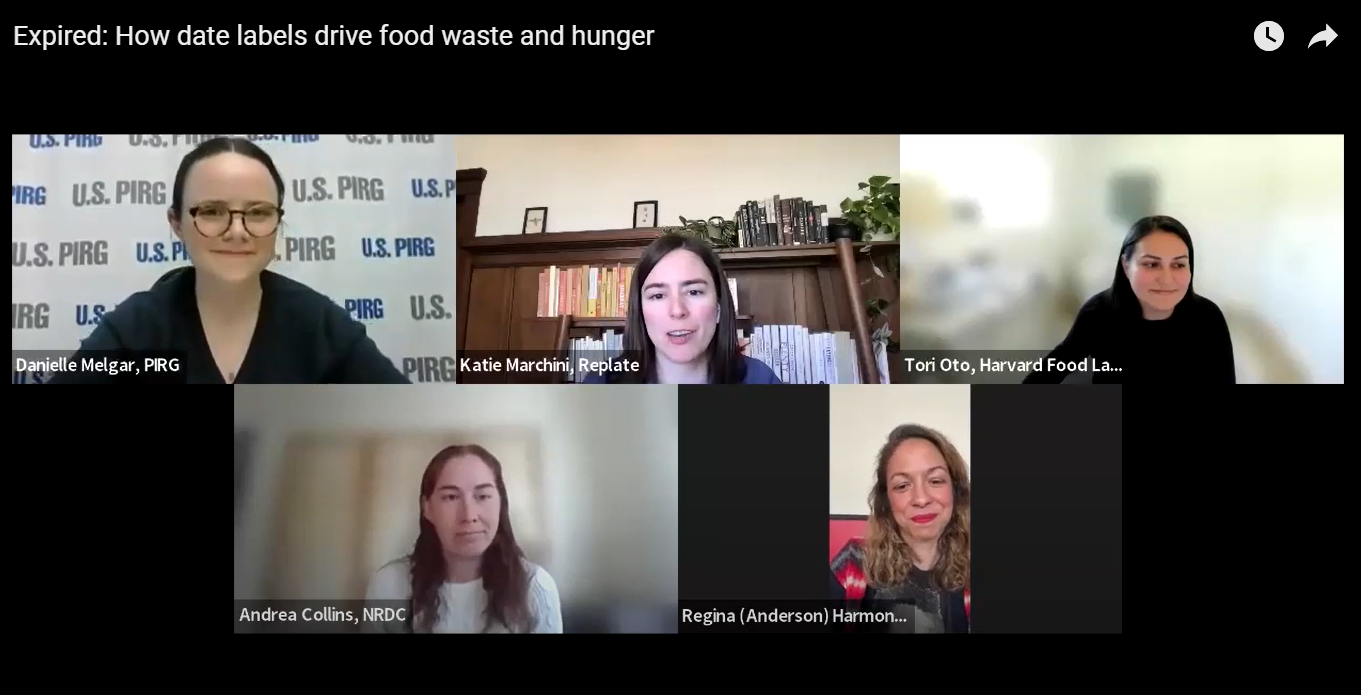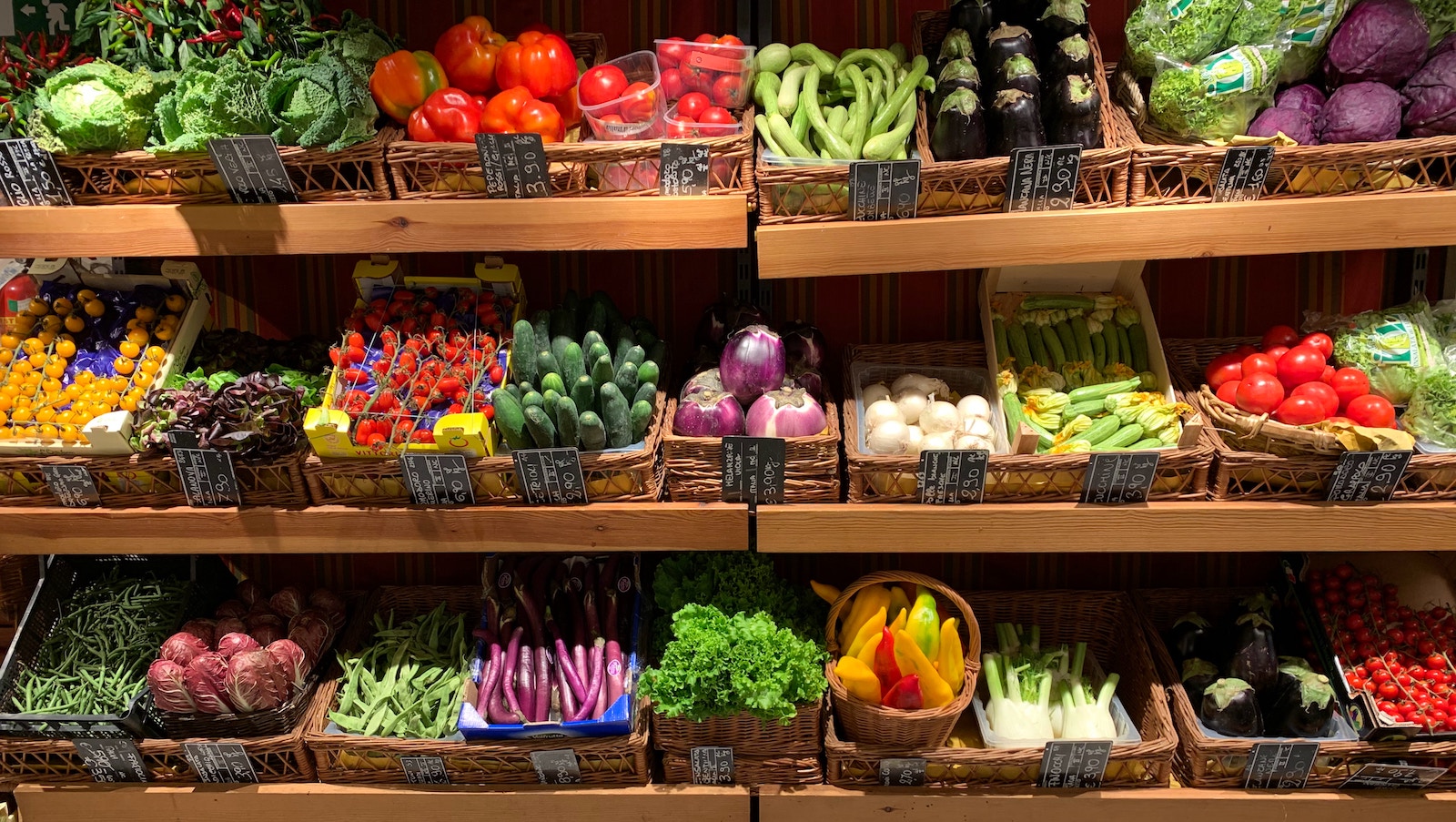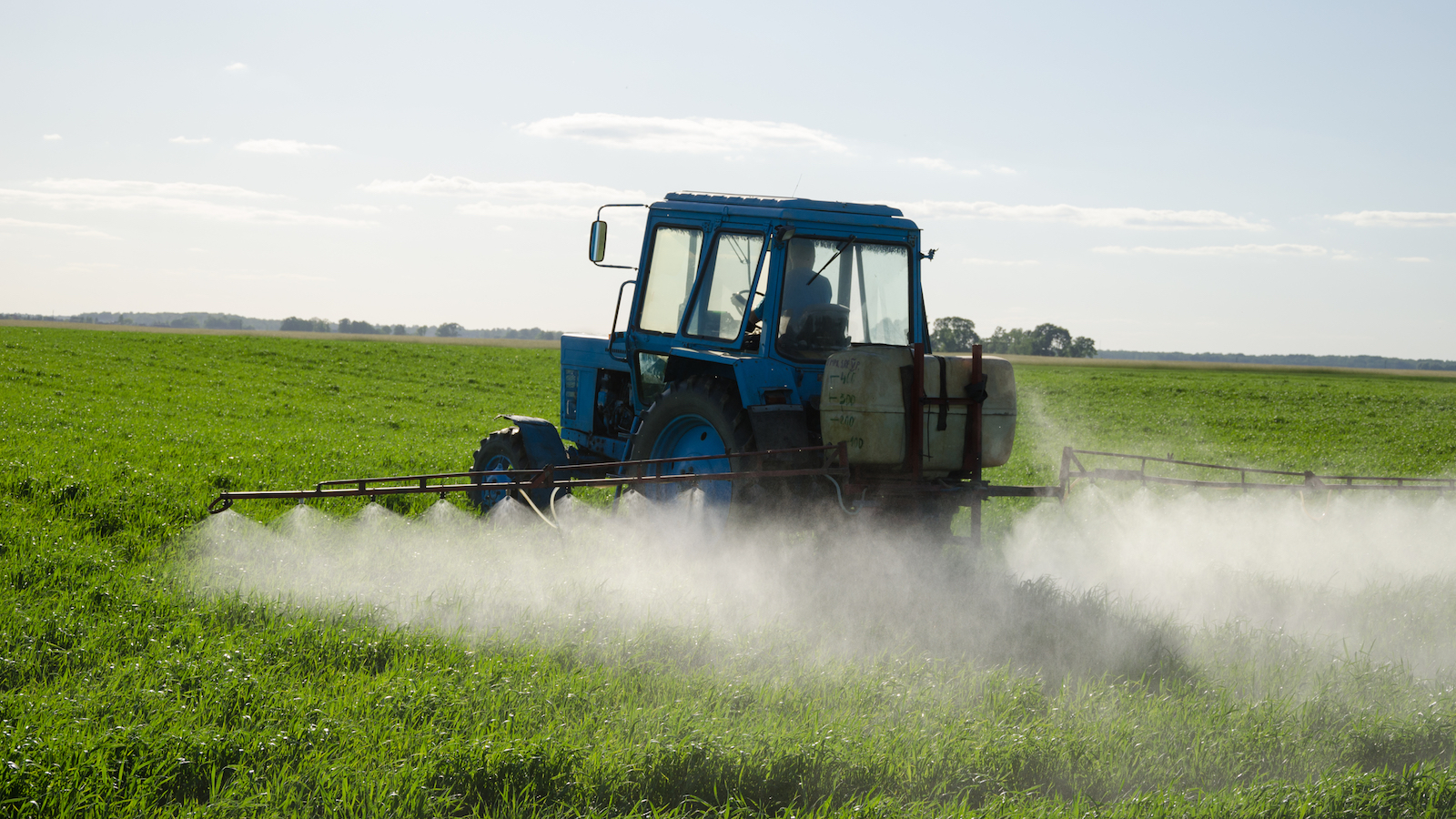
Freedom from food waste: How to have a sustainable 4th of July
Planning ahead and getting creative with leftovers reduces food waste for a fun, sustainable celebration.

This Independence Day, honor America’s freedom by making it food waste free.
This Fourth of July, nearly 60% of Americans plan to have a cookout to celebrate. The National Retail Federation projects that $7.7 billion will be spent on food for the holiday. Amid the cookouts, barbeques and ice cream sundae parties, Independence Day presents an opportunity for joyful summer celebrations – and substantial food waste!
Despite your best efforts to curb food waste in your personal life, at large, food-centric gatherings, reducing food waste can seem like a bigger challenge. But, there are steps you can take to combat food waste and contribute to a more sustainable future while enjoying the festivities.
1. Shop smart. Plan the dishes you want to serve beforehand. Only buy the necessary quantity of food for the number of people you are cooking for. While estimating food quantities can be tricky, the easiest way to avoid food waste is to not buy extra food. Asking for RSVPs to your gathering can make it easier to predict how much food you will need.
2. Plan for the potluck. If you are celebrating with other people, communicate beforehand about what items each of you will bring—having too much of one type of food increases the likelihood of food waste. With large groups, having a sign-up sheet with all of the desired dishes may make planning simpler and ensure that you have all of the desired dishes without overdoing it. Try one of these sign-up templates or an online group organization tool like SignUpGenius.
3. Prevent contamination. You don’t want to have to throw out a dish because it was contaminated with germs or bacteria. Given the ongoing pandemic, preventing the spread of germs through food sharing is particularly important. Provide serving utensils for all dishes so that people are not tempted to touch the food. Encouraging people to wash their hands before serving themselves or putting a hand sanitizer bottle at the start of the buffet line is another way to give everyone peace of mind. If you have highly perishable food, like mayonnaise-based pasta or potato salad, try to refrigerate it as soon as people are finished eating to make sure it doesn’t go bad. If you are outdoors, store those items in coolers before and after meal time to keep them fresh. Safefood has more tips for outdoor picnics.
4. Arrange for leftovers. Be prepared to take home leftovers. You can bring reusable food containers to gatherings to make sure food isn’t thrown away just because no one knows what to do with it. If you are hosting, you can encourage guests to bring their own containers for leftovers so that they can have a festive meal the next day too. Having extra containers with you to lend people is a great way to distribute leftovers and prevent tasty creations from going to waste.
5. Use your leftovers in fun recipes. If you end up taking leftovers from your 4th of July celebration, repurpose them in exciting recipes. Some ideas include:
a. Transform extra veggies, buns and mustard into panzanella.
b. Use the whole watermelon! Try watermelon rind stir fry or watermelon rind pickles.
c. Turn hamburgers into tacos.
d. Incorporate hotdogs and bratwursts in your omelets.
e. Revitalize corn on the cob in a fresh corn salad.
f. Leftover fruit is ideal for a cobbler or smoothie because it tends to be softer and sweeter.
g. Try this recipe generator to find ideas for using up all of your assorted leftovers.
h. Check out PIRG’s guide to saving food and preventing food waste for other ideas on how to make the most of your food and make leftovers last.
6. Let the party continue. Coming home with lots of extra food is the perfect reason to have another cookout and continue to soak up summer. Perishable leftovers typically need to be consumed within seven days, so any time before July 11 could be the day for a secondary celebration. If your neighbors have 4th of July leftovers too, you can suggest a casual potluck where everyone brings their surplus food. You can also invite your kids’ friends over for a picnic. Growing adolescents are excellent at consuming any array of leftovers.
7. Share and donate food. There are many options for distributing extra food to people in your community. Choose an approach that best suits you and the food you have available.
Approach 1: If you are gathered at a community space like a park or pool, invite people around you to share the food you have left. People who are working on the 4th of July, like lifeguards, pool managers and park attendants, may be excited to enjoy the hotdogs and pasta salad you are too full to eat. You can also offer them leftovers to share with their family and friends.
Approach 2: Donate to local first responders. The 4th of July is a busy holiday for first responders, particularly those helping with firework displays and community gatherings. Many local fire and police stations appreciate food donations, so you may be able to share extras from your cookout with them. But, with the COVID-19 pandemic, some stations only accept packaged or professionally prepared food, so check with your local fire or police department before delivering anything.
Approach 3: Donate to a food bank. Food banks typically accept unopened, unexpired and unprepared foods. If you have food that fits those parameters, donating to a food bank is a great step to make sure your food goes to people who need it. This resource from Great Harvest can help you find nearby food pantries that accept donations.
Approach 4: Offer food to neighbors and community members through a “Buy Nothing” Facebook group or through the “Buy Nothing” app. Buy Nothing groups exist to build community and help neighbors meet each other’s needs. And some groups have been using the platform to reduce food waste. Search for your local Buy Nothing group on Facebook or download the app and post about any leftovers from your celebration. You can then connect with people who can use what you are offering, relieving you of your extra food while also supporting a neighbor.
8. Compost. Composting is the best method to do something with the contaminated pile of watermelon rinds and other unusable food scraps you inevitably end up with after a cookout. If your community does not have a composting service, look for other organizations in your area that allow compost drop-offs like farmers markets and community gardens. This map may help you find compost sites in your community. If you would prefer to compost at home, here are some resources on kitchen composting and backyard composting.
Topics
Authors
Danielle Melgar
Food & Agriculture, Advocate, U.S. PIRG Education Fund
Danielle works to ensure our food system produces enough nutritious food to feed everyone, without threatening our health, the planet, or the ability of future generations to grow food. Danielle lives in Chicago, where she enjoys staying active in the outdoors, trying out new recipes, and writing short stories.
Sophie Tedesco
Food & Agriculture Intern
Find Out More

Expired: How date labels drive food waste and hunger

New report reveals widespread presence of plastic chemicals in our food

How much food waste does America create and what can we do about it?


